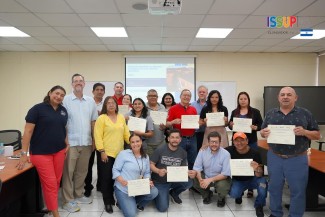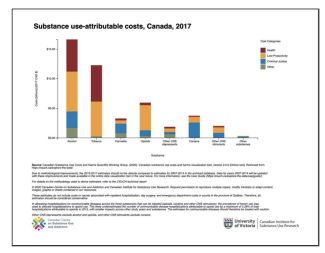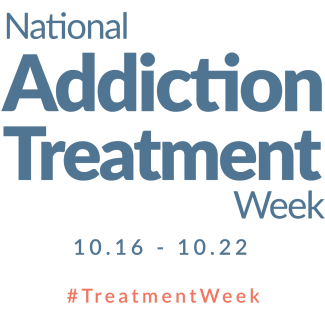Addiction Nursing Competencies A Comprehensive Toolkit for the Addictions Nurse
With the increased role of nurses in caring for patients with substance addiction, there was a clear need to develop the Addiction Nursing Competencies to guide and support the nursing workforce. A literature search revealed a lack of formal instruments to assess and guide nurses in caring for persons with substance use disorders. The Addiction Nursing Competencies were created using existing nursing education frameworks and addiction nurse care manager clinical guidelines.


